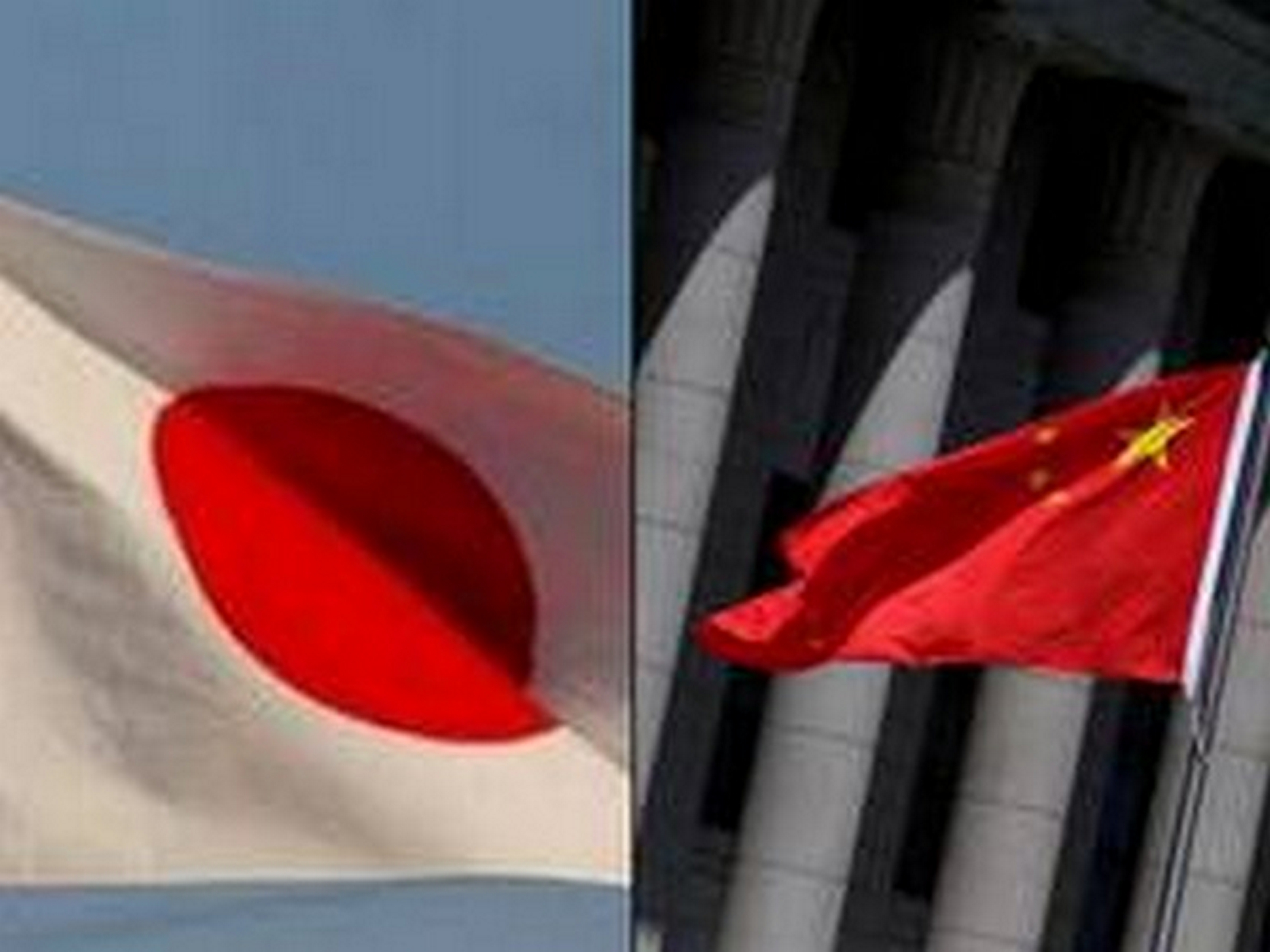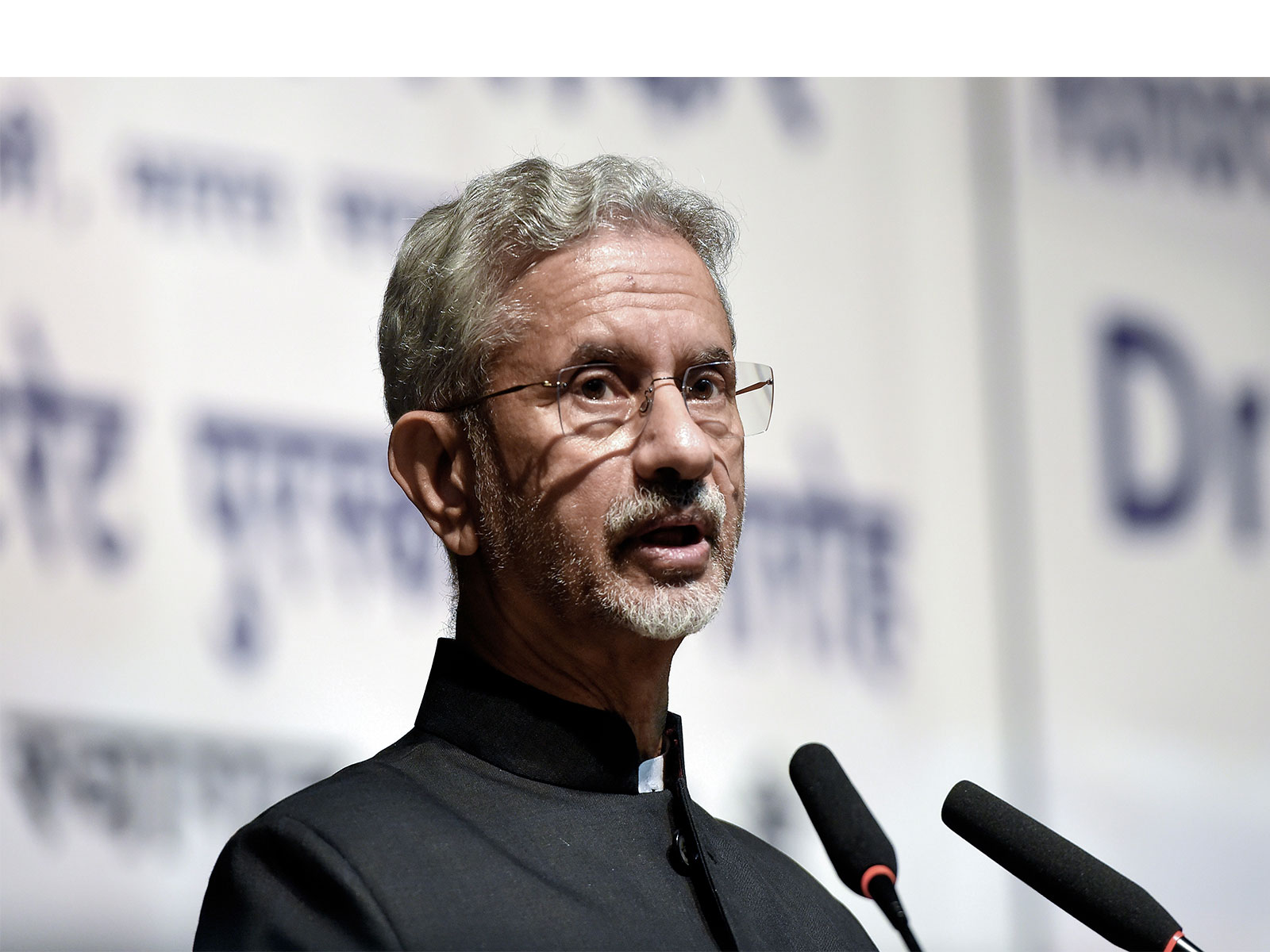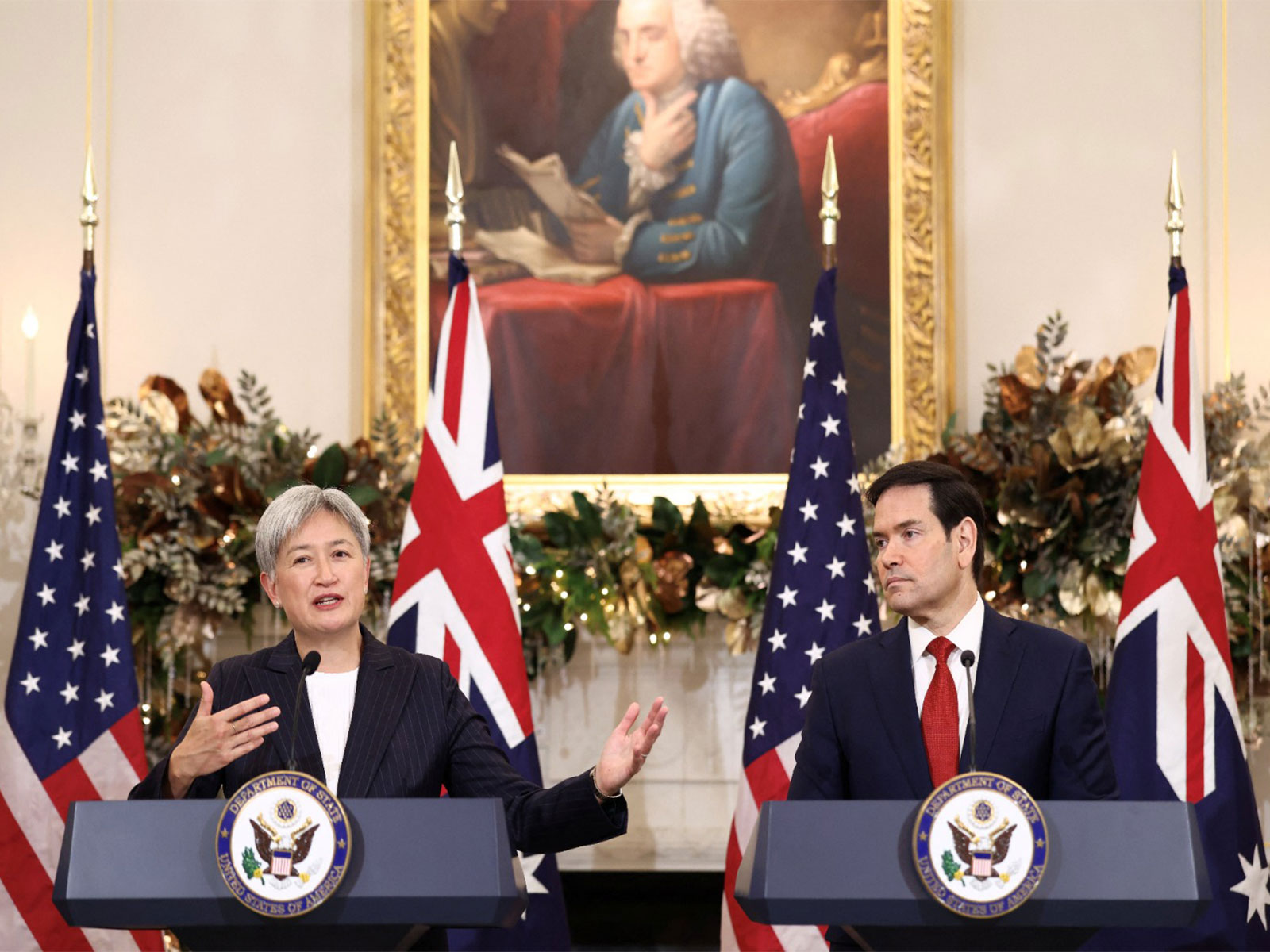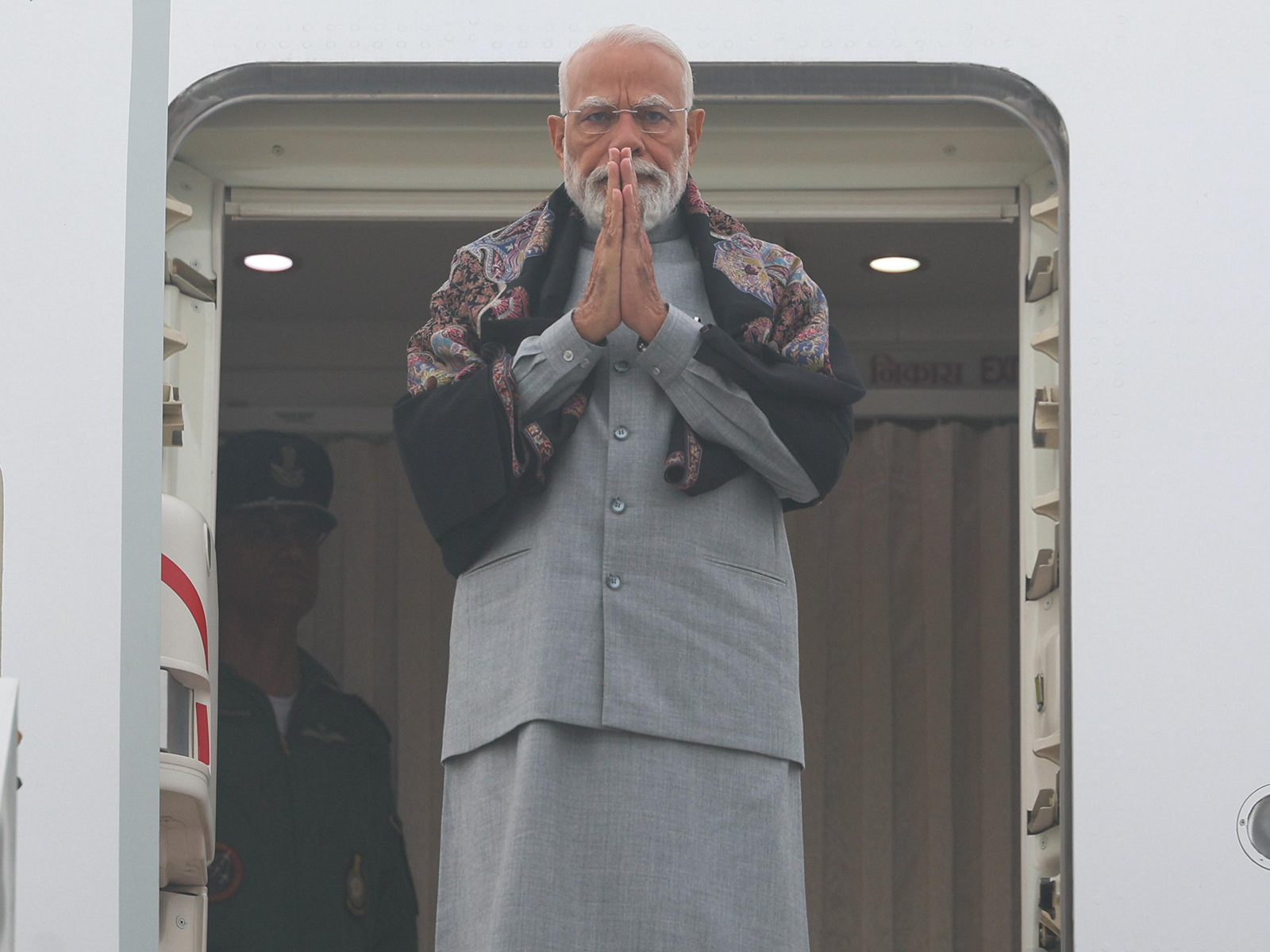New UN report highlights women's rights erosion in Afghanistan since Taliban takeover
Jul 20, 2022

Kabul [Afghanistan], July 20 : The United Nations Assistance Mission in Afghanistan (UNAMA) on Wednesday released a report which highlighted that women's rights have eroded in Afghanistan since the Taliban takeover.
The report stated that the erosion of women's rights has been one of the most notable aspects of the de facto administration to date. Before the Taliban came to power, women and girls have progressively had their rights to fully participate in education, the workplace and other aspects of public and daily life.
However, these rights have been restricted and in many cases completely taken away following the takeover of Afghanistan by the Taliban.
A decision taken by the Taliban prevented girls from returning to secondary school which meant that a generation of girls will not complete their full 12 years of basic education. At the same time, access to justice for victims of gender-based violence has been limited by the dissolution of dedicated reporting pathways, justice mechanisms and shelters, it added.
"The education and participation of women and girls in public life is fundamental to any modern society. The relegation of women and girls to the home denies Afghanistan the benefit of the significant contributions they have to offer. Education for all is not only a basic human right, it is the key to progress and development of a nation," Markus Potzel, Acting Secretary-General's Special Representative for Afghanistan, said.
The atrocities of the Taliban against Afghan women have been on an incessant surge since the group seized power in Afghanistan in August last year, banning young girls and women of humanitarian rights.
Taliban on Monday issued a new diktat against female employees and told them to send male relatives as their replacements.
The Taliban had previously promised of an inclusive society and equality during their first press conference after the takeover of Afghanistan, the Afghan Diaspora publication said.
On the contrary, girls were stopped from going to school beyond sixth grade on March 23 and a decree against the women's dress code was issued after a month.
A degree legitimising the hijab was issued by Akif Mahajar, the spokesperson of the Ministry for the Propagation of Virtue and the Prevention of Vice, under the leadership of Maulavi Hibatullah Akhundzada.
A three-page statement was issued by the Taliban that emphasised the dress code for women, and the guardians of the women will be summoned and punished according to the Taliban court if the dress code is not followed.
There are restrictions on movement, education and freedom of expression of women posing a threat to their survival.
According to locals, the Taliban has prevented women from using smartphones, and the Women's Affairs Ministry often extort money for providing essential protection.
Around 80 per cent of women working in the media have lost their jobs, it said adding that almost 18 million women in the country are struggling for health, education and social rights.


















